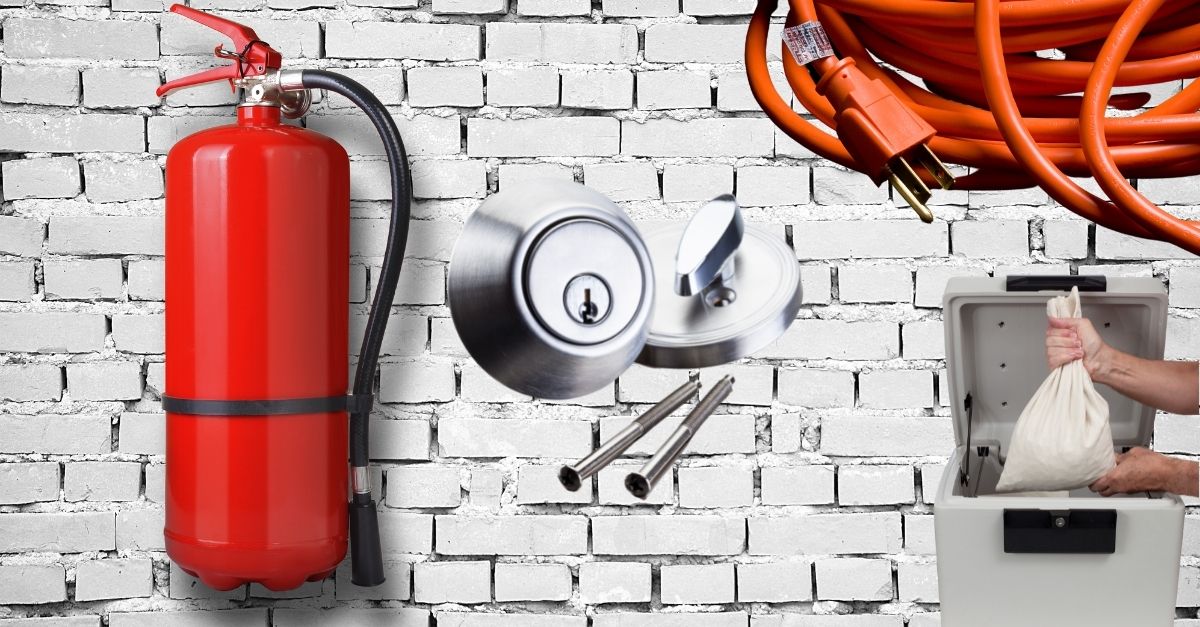How Does A Change In Mortgage Rates Impact A Family’s Housing Budget?

The housing market is extremely competitive right now because mortgage rates are still near record lows. While mortgage rates are rising this year, the rates are still attractive to many individuals and families who are looking to buy a home. At the same time, when mortgage rates change, families need to re-evaluate their budgets. A change in mortgage rates will impact the monthly mortgage payment, so families need to know what they can afford.
Furthermore, because the market is so competitive, sale prices are going up as well. As mortgage rates and home prices rise, families need to determine what their monthly budget is. Even a small increase in the mortgage rate can make a big difference.
Families Must Do The Math To Figure Out Their Monthly Mortgage Payments
Families need to figure out what monthly mortgage payment they can afford before they make an offer on a home. The factors impacting the monthly mortgage payment are the loan amount, the interest rate, and the repayment period. Many homeowners take out a 30-year mortgage; however, borrowers might be able to adjust the term to meet their specific needs. A few important points to remember include:
- If the number of years over which the loan is paid back goes down, the monthly payment will likely increase
- If the interest rate on the loan goes up, the monthly payment will increase
- If the loan amount goes up, the monthly payment will increase
Families can adjust all of these factors to find the right monthly payment for their budgets.
There Are Ways To Reduce The Interest Rate On A Loan
Finally, there are steps that families can take to reduce the interest rate on their loans. For example, families might be able to put more money down to qualify for a better interest rate. This could reduce the monthly payment, keeping the loan amount within the family’s budget. Or, families might be able to pay down other types of debt such as credit card debt or car loans. If families have a lower debt to income ratio, they might qualify for a better interest rate. This could help families afford a larger house without having to spend more money.
Reevaluate

 Moving into your first home is an exciting experience, but it can also be overwhelming. To manage the move properly, you need a wide variety of tools you may never have considered before. You may not realize you should have purchased a certain item until you need it.
Moving into your first home is an exciting experience, but it can also be overwhelming. To manage the move properly, you need a wide variety of tools you may never have considered before. You may not realize you should have purchased a certain item until you need it.  Becoming a homeowner for the first time is exciting. However, for many potential buyers, the process can also be confusing. Below is an overview of the steps you need to complete in order to buy your first home.
Becoming a homeowner for the first time is exciting. However, for many potential buyers, the process can also be confusing. Below is an overview of the steps you need to complete in order to buy your first home.